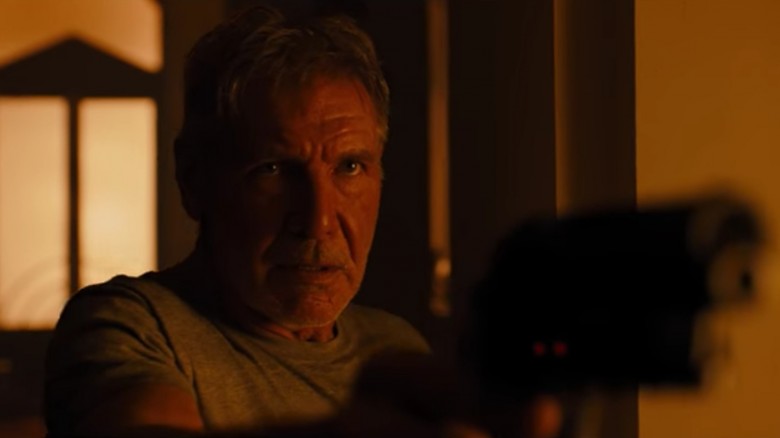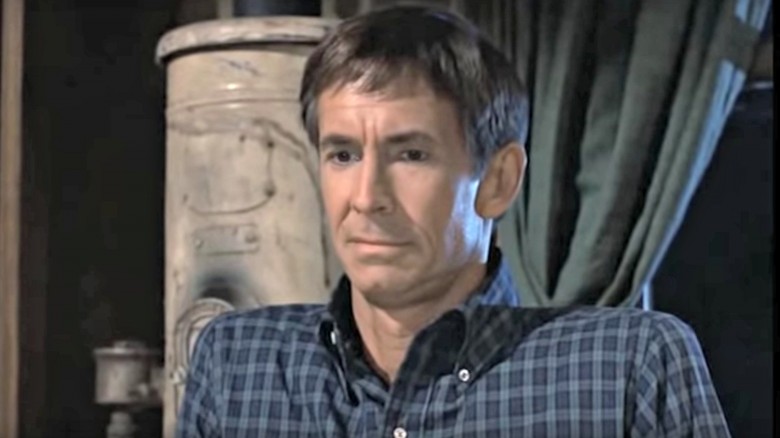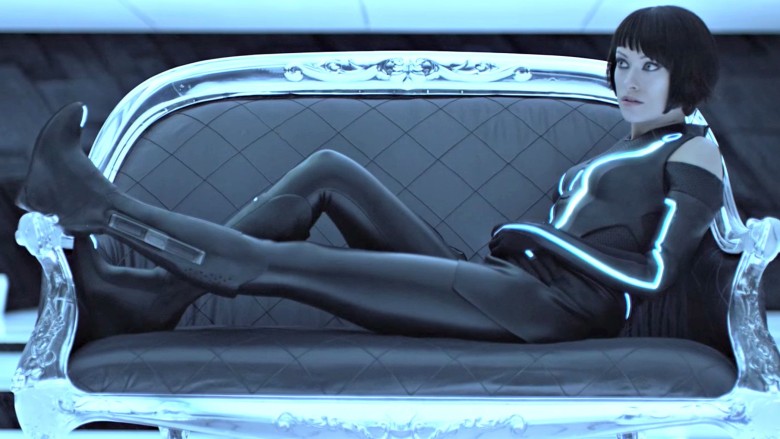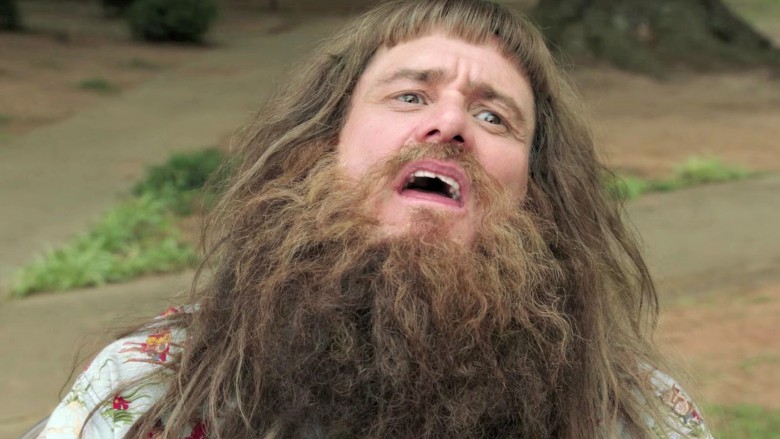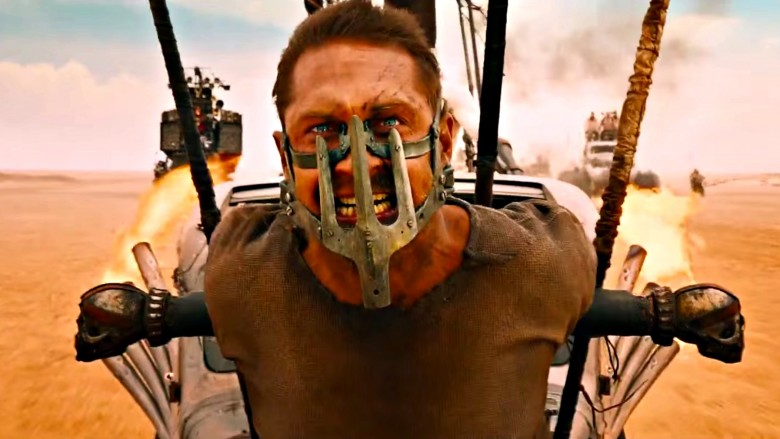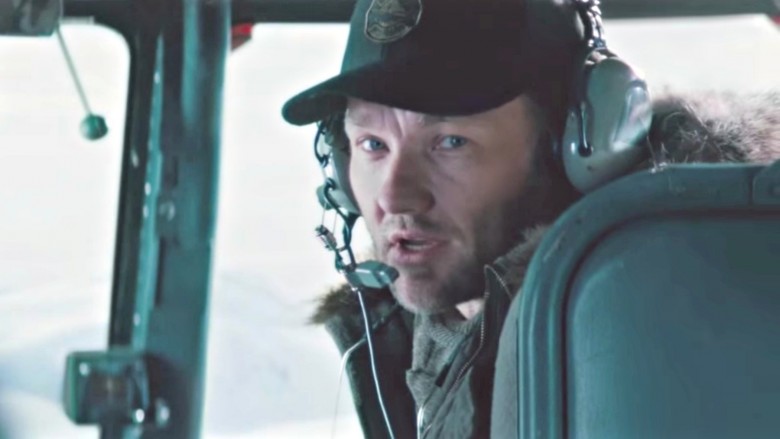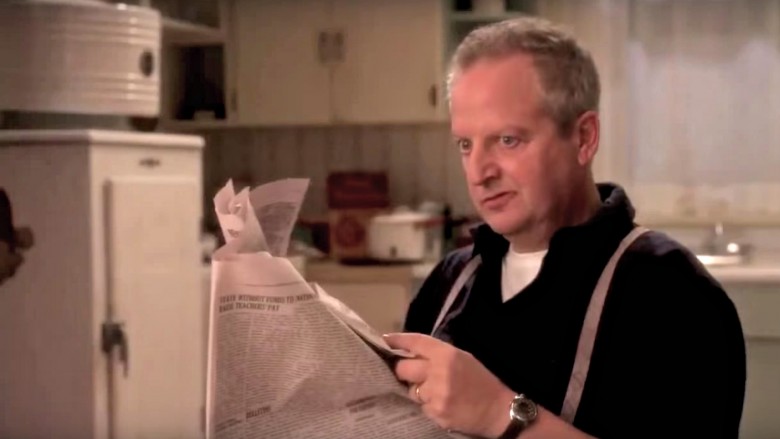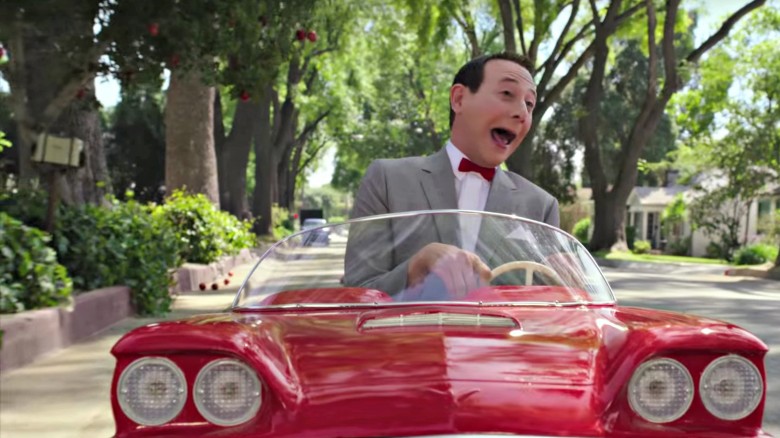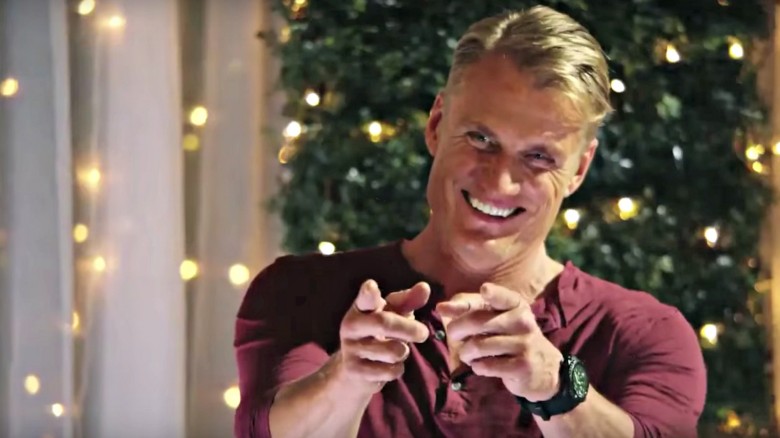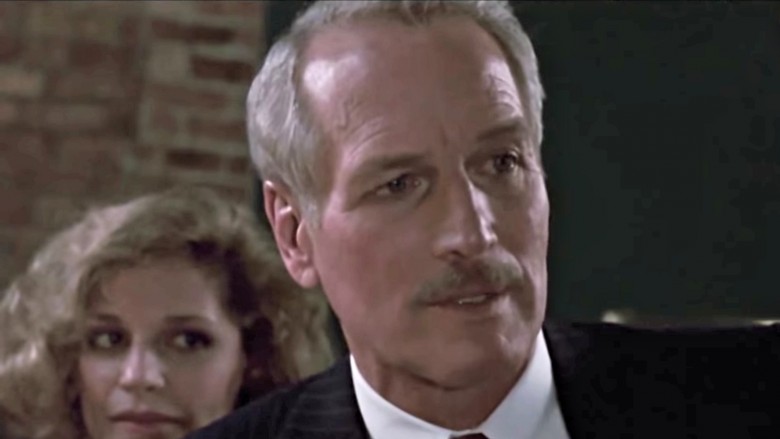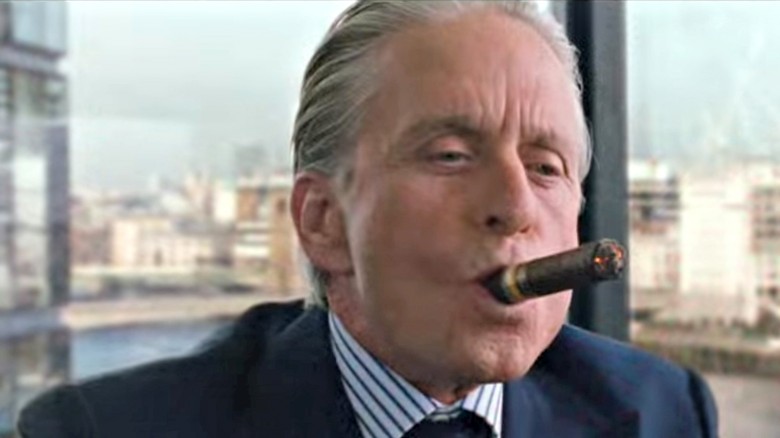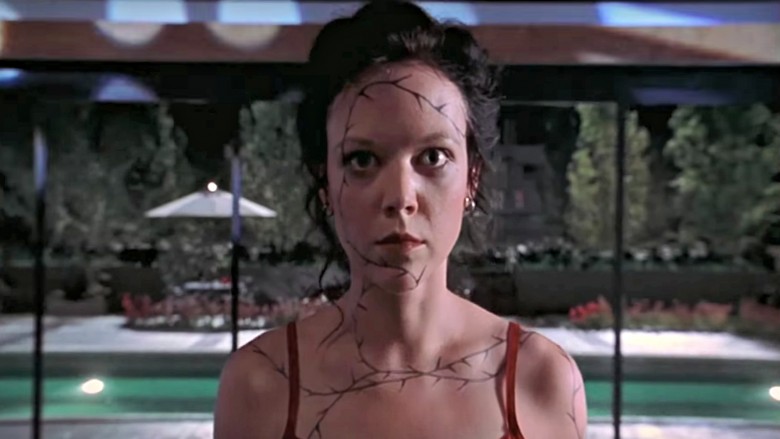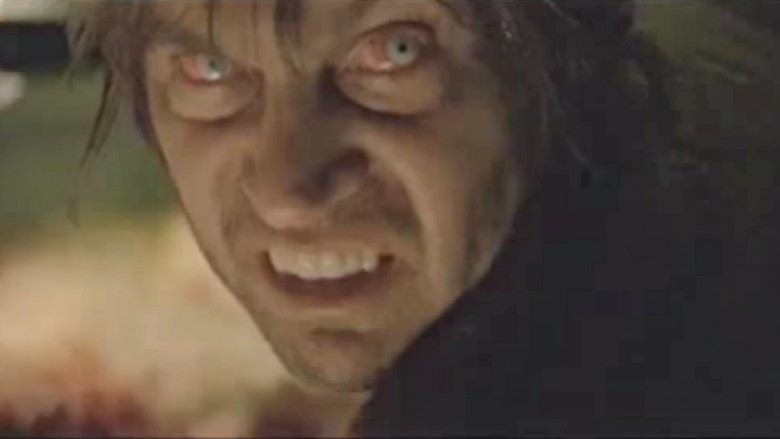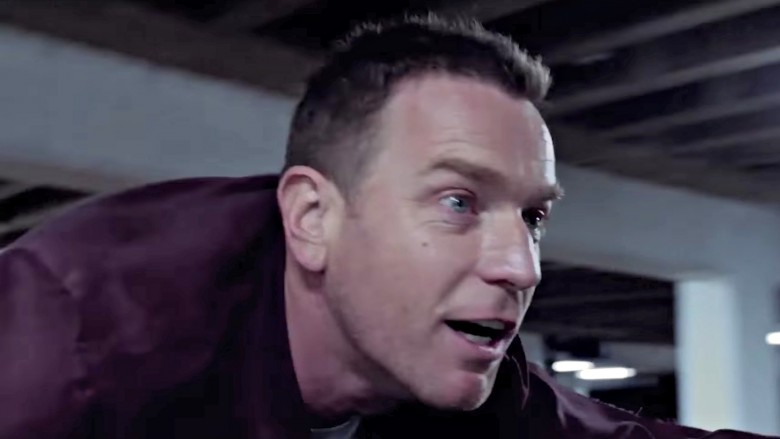The Real Reason These Sequels Took Decades To Happen
After a hit movie, it's natural for a studio to turn to a sequel to milk the story for extra cash. But for whatever reason, some sequels get under way only to end up on the back burner for years at a time. Here's a look at the stories behind a few highly—and not-so-highly—anticipated sequels to hit movies that took decades to happen.
Blade Runner 2049 (2017)
Ridley Scott was making noises about a sequel to Blade Runner as far back as 1999, but it wasn't until March 2005 that Eagle Eye screenwriters Travis Wright and John Glenn were brought in to start penning a sequel to the sci-fi classic. Glenn and Wright eventually left the project, and in 2009 Scott teased that he was working on a script for a web series called Purefold that would be set in the Blade Runner universe, a project that was ultimately scrapped when money to produce the series dried up.
Then, in May 2012, Scott finally said he was working on a script for what would become Blade Runner 2049. It took years for Scott to realize he wasn't the man to direct the film and years more for him to recognize a talent he could trust to faithfully push the franchise forward in Sicario director Denis Villeneuve. Prior to Villeneuve signing on, Christopher Nolan was a favorite to direct the sequel.
Psycho II (1983)
Although forgotten today, this movie was so popular on its release that only Return of the Jedi beat it during its opening weekend. And yet Psycho II wasn't meant to be a movie at all. Novelist and author Richard Bloch wrote his follow-up, Psycho II, to satirize slasher films. When Universal executives saw excerpts from Bloch's novel, they hated it.
For starters, they didn't like the way the book made fun of over-the-top horror films of the time. It was only after the excerpts were well-received by the media that the studio came back to Bloch and pushed to make Psycho II into a movie. In an interview, Bloch said that he wasn't involved in the production at all, and he wasn't invited to the screening.
Tron: Legacy (2010)
Rumors of a sequel to the 1982 cyber adventure Tron started circulating as early as 1999, with Steve Jobs pegged as a financial backer and Pixar Studios supposedly on board to make the film. Those rumors never built to anything substantial, but with the release of the first-person-shooter adaptation Tron 2.0 in 2003, the thirst for a live-action sequel gained momentum.
Two years later, Disney hired screenwriters Brian Klugman and Lee Sternthal to begin drafting Tron: Legacy. Disney released a trailer for the sequel at the 2008 San Diego Comic Con, and in 2009, Disney finally confirmed that Tron: Legacy was officially under way...a mere 27 years after the original film.
Dumb and Dumber To (2014)
Soon after wrapping the Three Stooges in 2011, the Farrelly brothers confirmed that they were finally planning on making a sequel to their first feature film and breakout success, Dumb and Dumber. Initially, co-star Jim Carrey said he wasn't interested in playing the role of Lloyd Christmas again, but he apparently changed his mind and began to talk about his involvement while promoting Mr. Popper's Penguins. Dumb and Dumber To was released in 2014, 20 long years after the two lovable lunks first hit the big screen. Why did it take so long? The Farrelly brothers were just too busy with their other movies.
Mad Max: Fury Road (2015)
It's an open secret that Mad Max: Fury Road spent years in development hell. Although the first Mad Max movie was made in 1979, writer, director, and producer George Miller was unable to get back the rights to the Mad Max film franchise from Warner Bros. until 1997.
In 2001, Mel Gibson signed on to reprise his role as Mad Max for an estimated $25 million, and with the main star on board, the movie was given the greenlight...until tragedy struck. Shooting was about to start in Australia when the September 11 attacks occurred. It signaled the end of that incarnation of Mad Max. "The American dollar collapsed against the Australian dollar, the budget ballooned, and it fell apart," Miller said.
The long delay that followed led to Mel Gibson dropping out of the film. Miller subsequently cast Heath Ledger, but fate again intervened: while setting up to film in 2003, their shooting location in the arid Australian Outback was drowned out by rain – the first rainfall in the area for 15 years. Similarly, the Iraq war prevented shooting at a location in Namibia. Miller and his team began scouting locations a year later. Shooting for Mad Max: Fury Road finally began in June 2012 and lasted nearly four months. This one, at least, was worth the wait.
The Thing (2011)
Producers Marc Abraham and Eric Newman were sifting through the Universal Studios library when they stumbled upon John Carpenter's 1982 classic The Thing. Universal wanted the two producers to pursue a remake of The Thing, but rather than "paint a mustache on the Mona Lisa," Abraham and Newman asked Universal if they could instead turn it into a prequel. The film went through one massive rewrite before filming began to bring a more dramatic, emotional story to the forefront. To pay homage to Carpenter's film, no colon title was added, simply sticking with The Thing.
A Christmas Story 2 (2012)
As many sequels are, the sequel to 1983's holiday classic A Christmas Story was an ill-advised attempt by Warner Bros.' now-defunct direct-to-DVD production company, Warner Premiere, to cash in on the success of the original film. On its release in 2012, A Christmas Story 2 became one of the last direct-to-DVD films the company produced. Unlike A Christmas Story, A Christmas Story 2 does not use Jean Shepherd's short story collection In God We Trust: All Others Pay Cash as source material. It merely uses the characters and setting to try to rekindle the magic of the 1983 classic. This isn't even the first attempt to revamp Ralphie's adventures. In 1994, a now-forgotten sequel entitled My Summer Story snagged a limited theatrical release, then quickly faded into obscurity. As much as we love the original film, two low-profile sequels in 30 years isn't exactly a home-run franchise.
Pee-wee's Big Holiday (2016)
In 2007, Pee-wee Herman creator and actor Paul Reuben began openly talking about writing and perhaps even directing Pee-wee's Big Holiday. He teamed up with producer Judd Apatow and screenwriter Paul Rust to begin developing Big Holiday in 2010, but the planned sequel stalled in development over the next four years. Reuben told The A.V. Club that was because when the news broke about a new Pee-wee movie, he still didn't have a script.
With nothing to show to studios, Reuben was forced to work on the script for a year and take his time putting together a cast and crew. In 2014, Reuben told Rolling Stone he was on the verge of getting filming started and announcing the film's distributor. Netflix announced that it had picked up the film in February 2015.
Kindergarten Cop 2 (2016)
Arnold Schwarzenegger's 1990 comedy Kindergarten Cop grossed over $200 million from a $15 million budget. That's the reason Universal chose to make Kindergarten Cop 2 with its direct-to-DVD production imprint Universal 1440 Entertainment, calling the sequel an "exciting reboot." Kindergarten Cop 2 was a sequel in name only, featuring an entirely different cast that included Dolph Lundgren and Bill Bellamy. At first, Lundgren turned down the starring role out of respect for Arnold Schwarzenegger, but then figured that after all this time, Arnie wouldn't care anyway. We're guessing he's probably right.
The Color of Money (1986)
Twenty-five years after The Hustler hit theaters, Paul Newman finally decided that he wanted to reprise his role as "Fast" Eddie Felson. After multiple script rewrites, Newman took the script to Martin Scorsese, who in turn brought in novelist Richard Price to do the heavy lifting of the final rewrites to reflect the times and capture the nuances of Felson as a lifelong hustler.
Price held 36 scriptwriting sessions with Newman before they settled on what story they wanted to tell. It was in the bag...until Fox Studios president Sherry Lansing retired and the new execs didn't want Newman or Tom Cruise cast in the lead roles. Newman and Scorsese ended up risking a third of their salaries to get the film made.
Wall Street: Money Never Sleeps (2010)
When Wall Street star Michael Douglas said he wouldn't mind playing Gordon Gekko again, producer Edward Pressman took him at his word and commissioned the script that would become Wall Street: Money Never Sleeps. The only question was whether Wall Street director Oliver Stone would direct it. The answer turned out to be "no" in 2007.
But once the news was announced that Douglas would star in the sequel to the cult classic, 20th Century Fox fast-tracked production and finally managed to lure Stone into the director's chair. The script went through several rewrites before Allan Loeb came up with a draft that Pressman and Stone both liked.
The Rage: Carrie 2 (1999)
The sequel to Carrie, The Rage: Carrie 2 was first titled The Curse and set to begin filming in 1996. It stalled in production for two years, though, according to Stephen Jones' book Creepshows: The Illustrated Stephen King Movie Guide. When the movie was finally set to begin filming in 1998, it was titled Carrie 2: Say You're Sorry.
One week before shooting was scheduled to begin, director Robert Mandel quit. Katt Shea took over director duties and ended up having to reshoot two weeks' worth of work. When the film was released in 1999, critic Roger Ebert called it "more like a shadow" of Brian De Palma's 1976 horror classic Carrie, a film that he'd previously called "an absolutely spellbinding horror movie."
Lost Boys: The Tribe (2008)
In the early 2000s, screenwriter Hans Rodionoff wrote a treatment involving surfing werewolves called The Tribe. It looked remarkably like Joel Schumacher's The Lost Boys, so Warner Bros. turned it down. But as it turned out, the studio was also looking for direct-to-DVD scripts. That's when Warner Premiere pitched Rodionoff on the idea of turning his werewolves into vampires. Rodionoff didn't blink. He took the paycheck, made the changes, and turned his script into a sequel to The Lost Boys. Joel Schumacher wasn't involved in the sequel. Kiefer Sutherland, who starred in the original Lost Boys, believes that's unforgivable. Strong words, since his own brother starred in the sequel.
T2 Trainspotting (2017)
Shortly after his success with Slumdog Millionaire in 2009, director Danny Boyle declared that he was ready to pursue a sequel to his classic Trainspotting. The sequel, T2 Trainspotting, is based on Irvine Welsh's 2002 novel Porno. Boyle wanted to wait to make the movie until he could reunite the original cast from the 1996 film and until they'd aged enough for audiences to see wear and tear in each of the characters. But those aren't the only reasons this train never left the station. A long-running feud between Boyle and Trainspotting star Ewan McGregor, reportedly sparked when Boyle passed over McGregor to cast Leonardo DiCaprio in his 2000 film The Beach, threatened to derail a Trainspotting followup for years. Fortunately for fans, the two resolved their differences in 2014.

